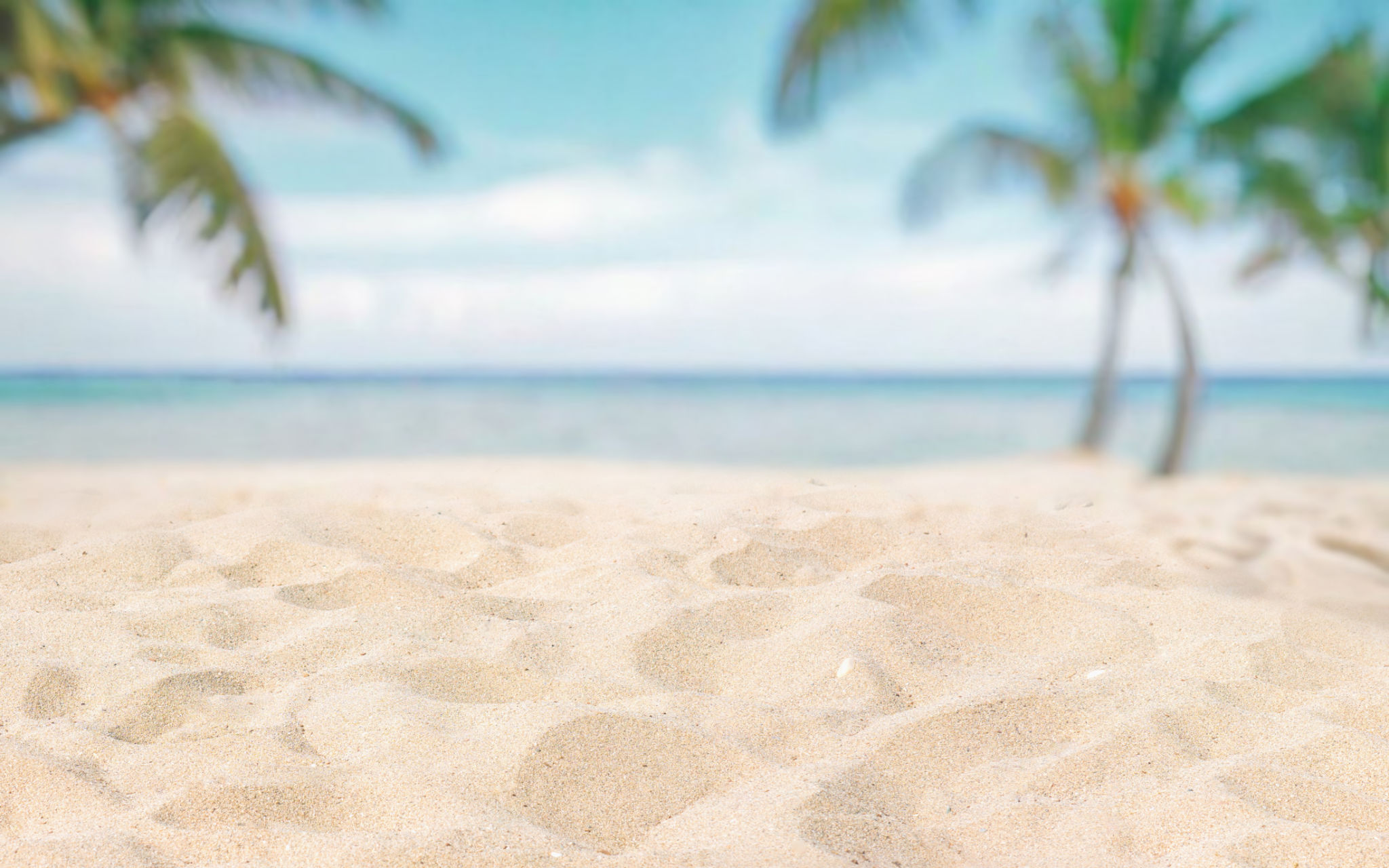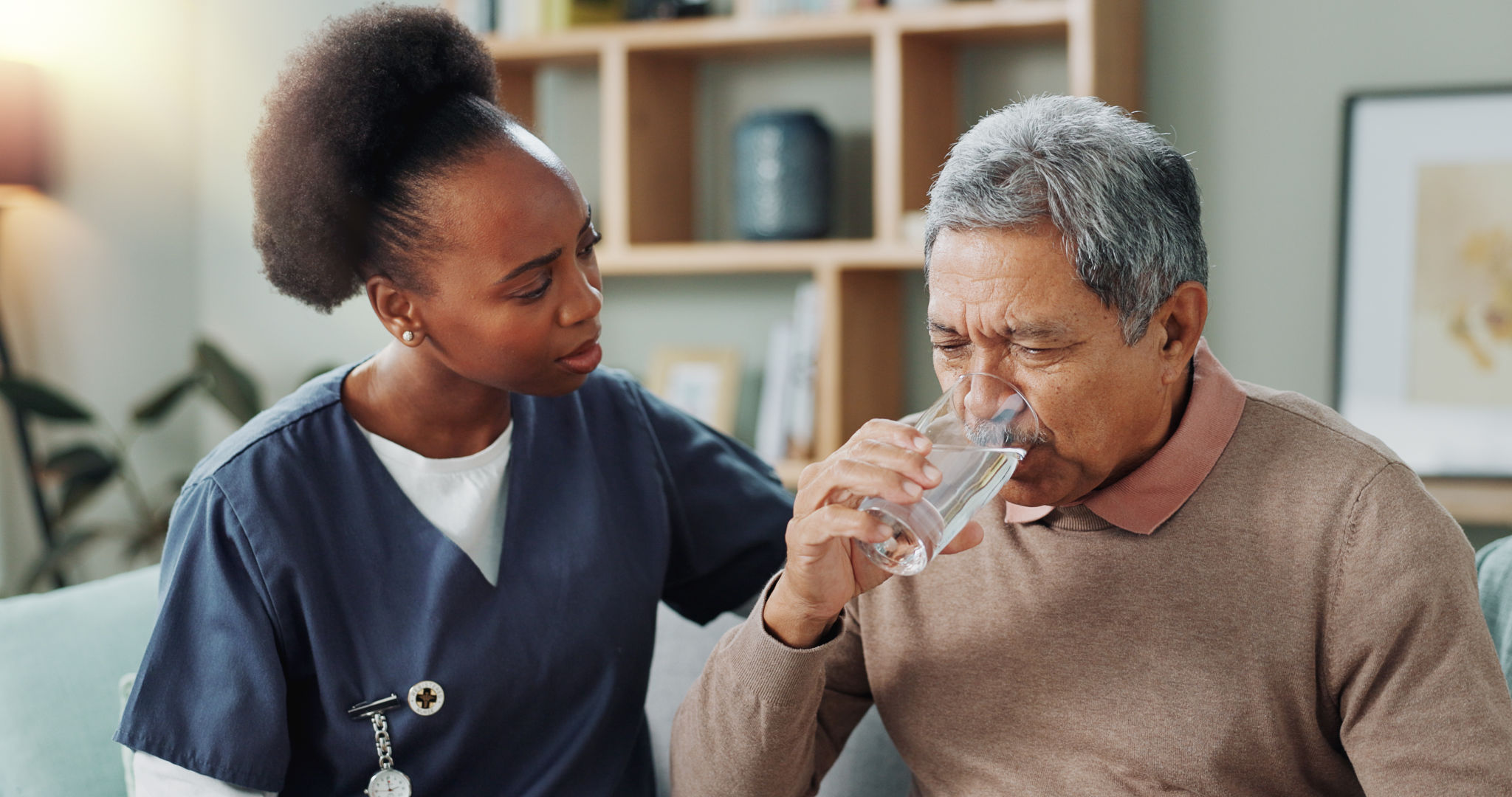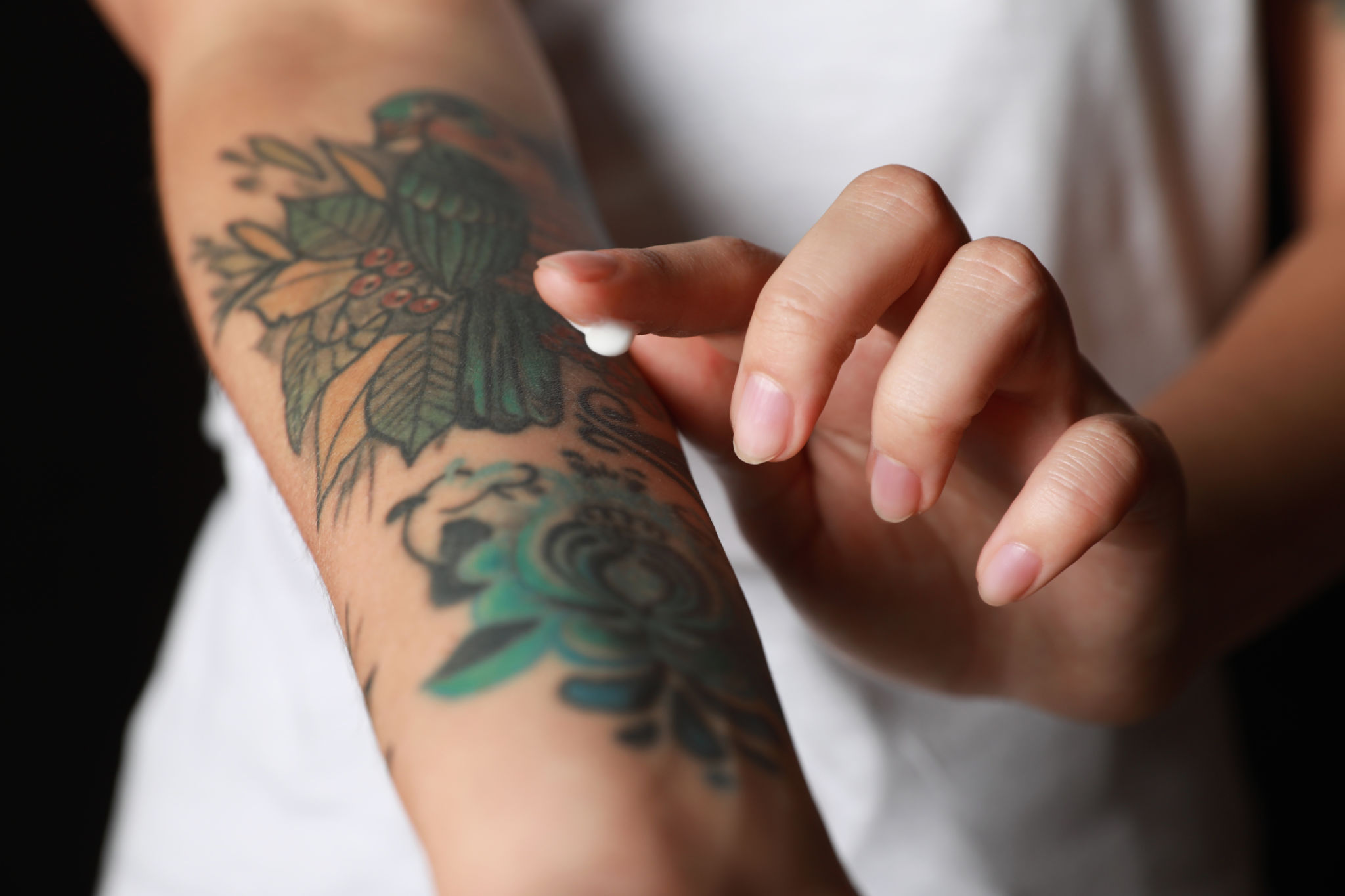How to Care for Your Tattoo in Hawaii’s Tropical Climate
Understanding Hawaii's Unique Climate
Hawaii's tropical climate is characterized by warm temperatures, high humidity, and intermittent rainfall. While these conditions are perfect for a vacation, they pose unique challenges for tattoo care. The sun's intense rays and the saline ocean water can affect the healing process of your new tattoo.
Proper tattoo care in such an environment requires a thorough understanding of how these elements interact with your skin. It’s crucial to maintain the vibrancy and health of your tattoo by adapting your aftercare routine to Hawaii’s climate.

Immediate Aftercare Tips
After getting a tattoo, it's imperative to follow initial aftercare instructions provided by your tattoo artist. Typically, this involves keeping the tattoo covered with a bandage for a few hours and then gently washing it with a mild soap and water.
Avoid swimming in the ocean or pools for at least two weeks following your tattoo session. The saltwater can dry out your skin and impede the healing process, while chlorinated pool water can cause irritation.
Moisturizing and Hydration
Due to the humid climate in Hawaii, it's essential to keep your tattooed skin well-moisturized. Use a fragrance-free lotion or ointment recommended by your tattoo artist to maintain hydration.
The tropical sun can dehydrate your skin quickly, so it’s also important to stay hydrated by drinking plenty of water. This helps keep your skin healthy from the inside out, promoting better healing.

Sun Protection Strategies
Protecting your tattoo from the sun is vital in Hawaii. UV rays can cause tattoos to fade prematurely. Once your tattoo is fully healed, apply a broad-spectrum sunscreen with at least SPF 30 whenever you're exposed to sunlight.
Avoid direct sunlight on your fresh tattoo. Wearing loose clothing over the tattooed area provides an extra layer of protection against harmful UV rays during the initial healing phase.
Choosing the Right Clothing
Opt for breathable, loose-fitting clothing that covers your tattoo when you're outdoors. Fabrics like cotton or linen are ideal as they allow air circulation and reduce sweat accumulation, which can lead to irritation.

Monitoring and Maintenance
Regularly check your tattoo for signs of infection or unusual changes. If you notice increased redness, swelling, or pus, seek medical advice immediately. These could be signs that your tattoo requires professional attention.
Even after your tattoo has healed, continue to moisturize regularly and apply sunscreen to ensure it remains vibrant. Routine maintenance will help preserve the longevity of your tattoo's appearance.
Consulting Professionals
If you're unsure about any aspect of caring for your tattoo in Hawaii’s climate, don’t hesitate to consult with professional tattoo artists or dermatologists. They can provide personalized advice tailored to your skin type and lifestyle.
By following these guidelines, you can enjoy the sun-kissed beauty of Hawaii while keeping your body art looking its best for years to come.

